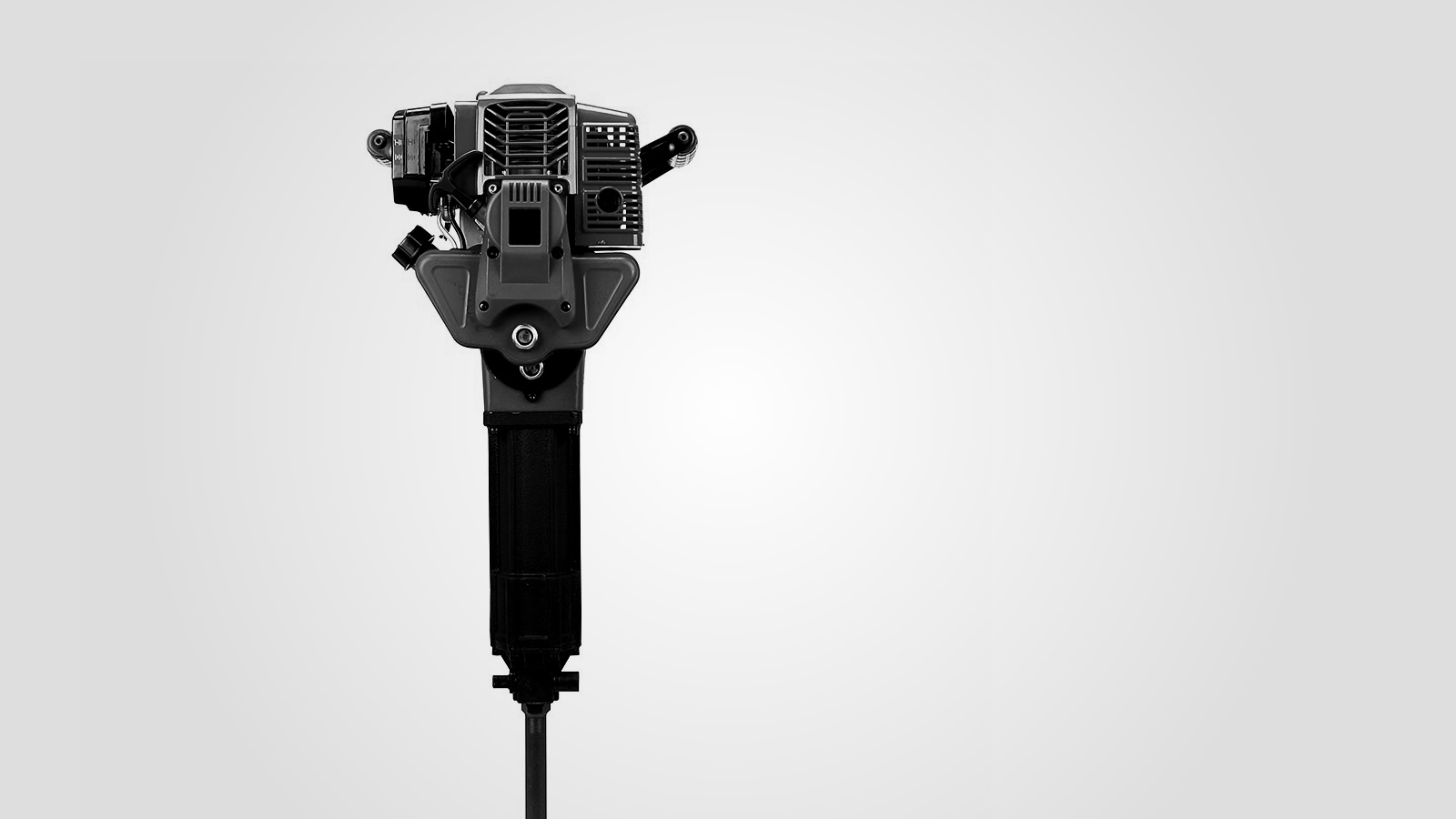It’s a choice that affects who we marry, what we do, where we live, and how we dream, yet few of us ever think about it—do you accept the world as handed to you, or seek to change it?
What’s around us seems pretty permanent—streets and stores, doctors and dancers and decorators, buses and books and biscuits and bank accounts, misery and mirth and mystery and mischief and murder. It’s a big, messy, complicated universe, and the easiest thing, the obvious, practical, pragmatic thing, is to fit in. Go to school. Make friends. Listen to your parents. Fall in love. Get a job. Make more friends. Fall out of love. Buy a car. Fall in love again. Move. Rent a place. Get married. Get promoted. Have a kid. Buy another car. Have another kid. Mortgage a house. And so on.
Trouble is, after about eighty years of this pablum, you die having affected few and changed nothing. Proof? Every funeral. Your legacy is hot, stifling boredom—a grandchild waxing about your smelly chair to apathetic half-strangers. That knowledge, the long foreshadow of future heart failure, should galvanize you.
There is another way. Cheat death through your ideas. Almost everyone in the history books, from Ayn Rand to Zeno, got there with their mind. And by their example, accepting the world is a useless strategy. Progress is born of dissatisfaction. If you want to be somebody, start with a long, hard, discerning look at the world, or at least your tiny corner of it.
Steve Jobs hated his phones, which led him to the touchscreen and app ecosystem that has transformed our daily lives. Jimi Hendrix was chronically restless, trapped by genre and form, which made him extend his instrument to the amplifier. Dead at 27, he continues to influence musicians today. Constantin Stanislavski filled notebooks tearing down his own theatrics, out of which sprang the ‘method acting‘ that fills movies a century later. He wrote: “the task of our generation [is] to liberate art from outmoded tradition, and to give greater freedom to imagination.”
Indeed, this is the goal of every artist, scientist, writer, philosopher, anyone who wants to move us forward and make her mark. Liberation. Exploration. Freedom of the imagination. In his new TV show ‘Cosmos’, American astrophysicist Neil deGrasse Tyson gives us the straightest path there: “Test ideas by experiment and observation. Build on those ideas that pass the test; reject the ones that fail. Follow the evidence wherever it leads, and question everything.”
Over the last six weeks this column has explored Tessanne-mania, childbearing, the Vybz Kartel trial, the Oscars, poverty and the Bible. Many have engaged these essays, but a minority of readers, at varying levels of umbrage, have hurled a self-defeating response: “If you don’t have anything good to say, don’t say anything at all!” It breaks my heart, but they’ve got it exactly backwards. If anyone should stay silent, it is those amongst us so feckless they offer only mindless praise. (Brand Jamaica! God is God! Blarf snarf!) We have become a nation awash in sycophants, expert at elevating mediocrity and eliminating dissent.
Criticism, paradoxical as it may seem, is a deep form of affection. Would you rather nine friends who always say you look great, or one who tells you to ditch the flats, swap the earrings and, wrinkling her nose, reminds you to brush your teeth? Far from an outrage, unblinking honesty is to be cultivated; it is the province of every unspoiled child. We stop speaking out because we learn how to curry favour and influence instead, and call it growing up.
Every human being deserves dignity by default, but no idea does. It must be earned, by laymen and laureates alike, through exposing itself to the light of critique, and surviving. This column is intended as a breeding ground for larval ideas, not just the ones I put forth, but the thousands more that spring up in responses and conversations around the country. Nothing should be out of bounds—not sex, not God, not whatever bundle of beliefs you’ve kept carefully wrapped in darkness. Look out. It’s a brave new world, but it’s ours to change together.
